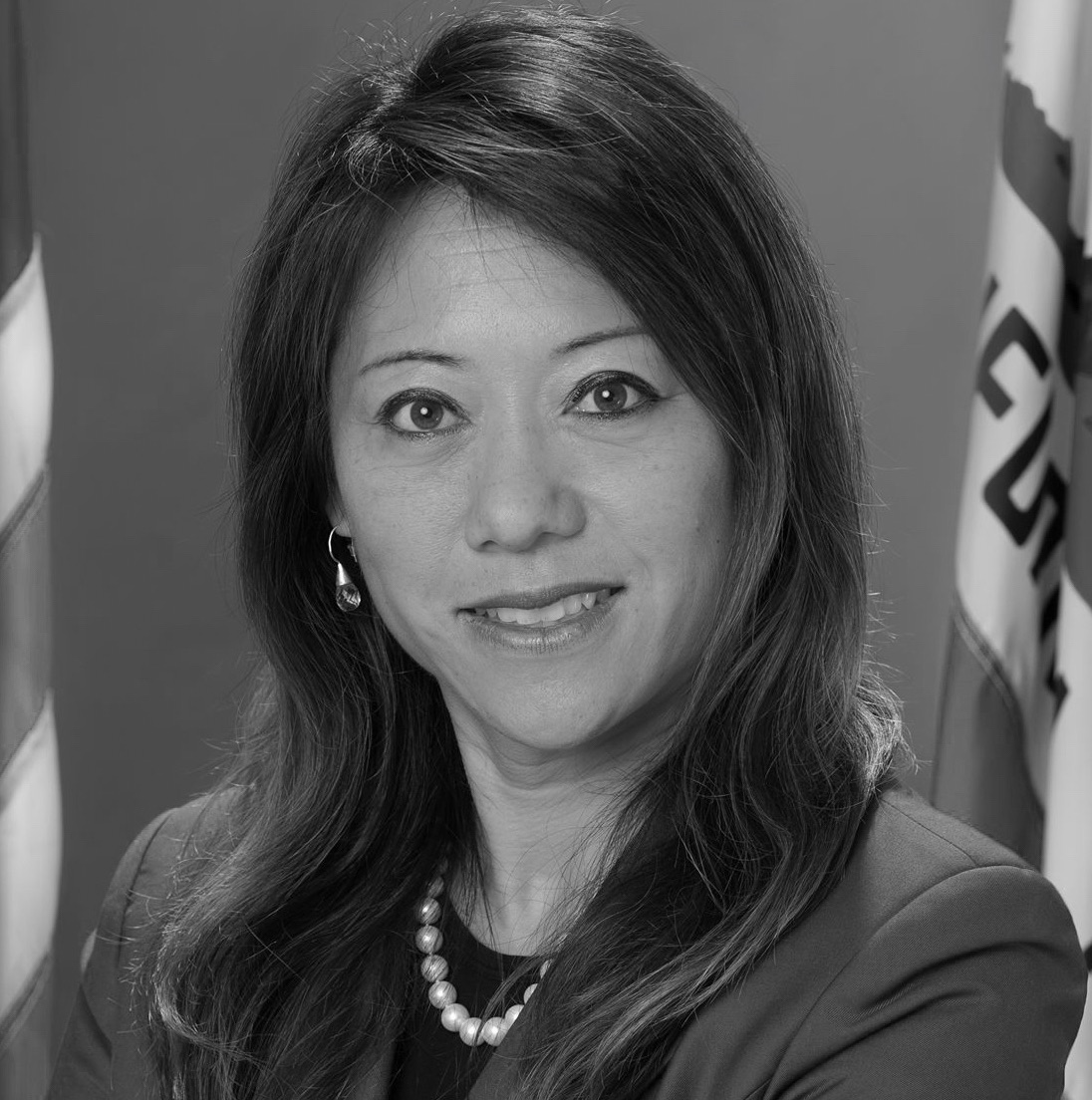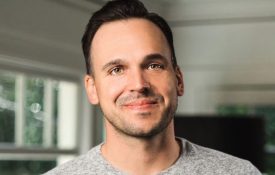The COVID-19 pandemic has taught us many lessons, but two of the most critical apply to affordable housing: First, in a crisis it is essential to rapidly analyze problems, develop solutions, and then act quickly and decisively. Second, the pandemic underscores just how dangerous the housing crisis is—if you have no home or at risk of losing yours, it is impossible to follow the Stay Home orders of Governor Gavin Newsom.
We are all familiar with the many forms of the housing crisis, from the tragedy of the growing homeless population, to the sky-high prices of rents and homes, and the losses suffered by communities devastated by wildfires. The pandemic brings a new sense of urgency to all those problems, especially because the terrible loss of jobs will dramatically increase the demand for low-income housing.
Next Tuesday, April 14, I am chairing two of my key housing and economic development committees, the California Debt Limit Allocation Committee and the California Tax Credit Allocation Committee, which provide affordable housing stimulus in the forms of tax-exempt private activity bonds and tax credits. As all meetings of the boards, committees and authorities I chair, these will be conducted safely, with strictly enforced social distancing measures and easily accessible remote access.
We expect to award about $1.1B in tax-exempt private activity bonds, $70.8M in annual federal tax credits and $203 million in state tax credits. Together those funds will provide financing to build 4,054 low-income units across the state.
At both meetings we expect to award about $1.1B in tax-exempt private activity bonds, $70.8M in annual federal tax credits and $203M in state tax credits. Together those funds will provide financing to build 4,054 low-income units across the state.
These steps underscore my commitment to improving the housing crisis, which from my first day in office has been a top priority. Early last year I embarked on a housing tour that stopped in 15 cities, ranging from Redding to Riverside to Bakersfield and Buena Park. I met with stakeholders, listened to their concerns and used their input to develop solutions. Then I created an ad hoc committee on housing, economic development, jobs and opportunity zones that includes a dream team of experts and creative thinkers and tasked them with developing out-of-the box solutions.
I worked with Gov. Newsom and the Legislature to get $500M in new state tax credits for developers building multi-family, low-income housing, including senior housing. That is more than five times the amount we had in the previous year. Tax credits provide critical financing that can turn promising ideas into homes.
In January, two committees that I chair awarded $218M in state tax credits and $52M in annual federal credits to help finance about 2,815 low-income new and rehabilitated units.
But we cannot stop now. It is not time for business as usual. It is time to get the resources needed for affordable housing to the market as quickly as we can.
At this time of “Stay at Home, Save Lives,” it is absolutely essential to move quickly to provide safe and comfortable homes for as many people as we can, both now and in the future.












































